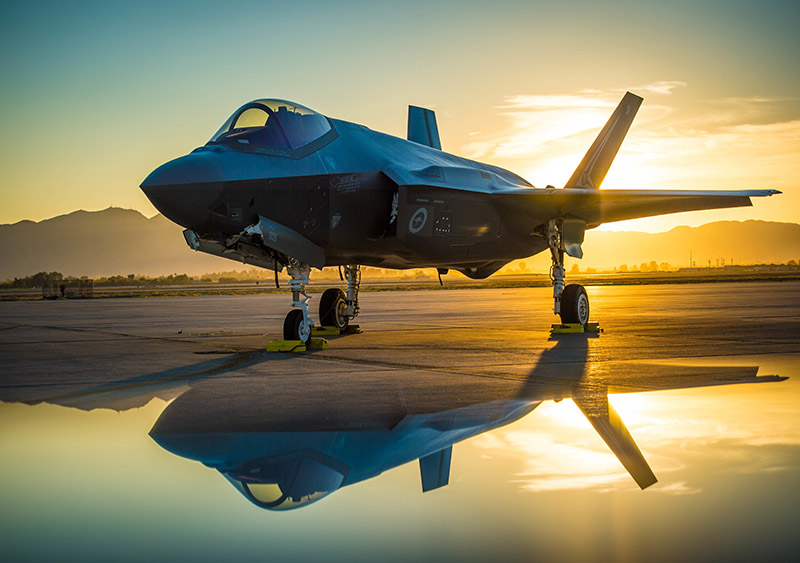Lockheed Martin has alerted the Pentagon and other stakeholders about a potential price increase for the F-35 fighter jet. The company attributes this potential rise to inflation, ongoing supply chain disruptions, and labor shortages. These economic pressures are challenging Lockheed Martin’s ability to maintain the current pricing levels for the F-35, which has been a critical component of modern military aviation.
Factors Driving the Potential Price Increase
1. Inflation: The general rise in prices is affecting the cost of materials and components needed for the F-35 production. Inflationary pressures are making it more expensive for Lockheed Martin to procure the necessary parts and resources.
2. Supply Chain Disruptions: The global supply chain has been significantly impacted by various factors, including the COVID-19 pandemic, geopolitical tensions, and logistical challenges. These disruptions are leading to delays and increased costs in the production process.
3. Labor Shortages: The aerospace industry, like many others, is experiencing a shortage of skilled labor. This shortage is causing delays and increasing labor costs as companies compete for a limited pool of qualified workers.
Impact on Military Budgets and Future Orders
The potential price increase for the F-35 could have significant implications for military budgets and future orders. The Pentagon has been working to reduce the cost of the F-35 program, which is one of the most expensive defense projects in history. An increase in price could strain defense budgets and potentially lead to reductions in the number of jets ordered.
Lockheed Martin’s Negotiations with the Pentagon
Lockheed Martin is currently in negotiations with the Pentagon for new contracts. These discussions will be crucial in determining how the economic challenges will be addressed and how they will impact the pricing and production of the F-35. The outcome of these negotiations will be closely watched by military officials and defense analysts.
Despite the potential price increase, the F-35 remains a cornerstone of modern military aviation, offering advanced capabilities that are essential for national defense. Lockheed Martin is likely to work closely with the Pentagon to find solutions that will mitigate the impact of rising costs while ensuring the continued success of the F-35 program.










